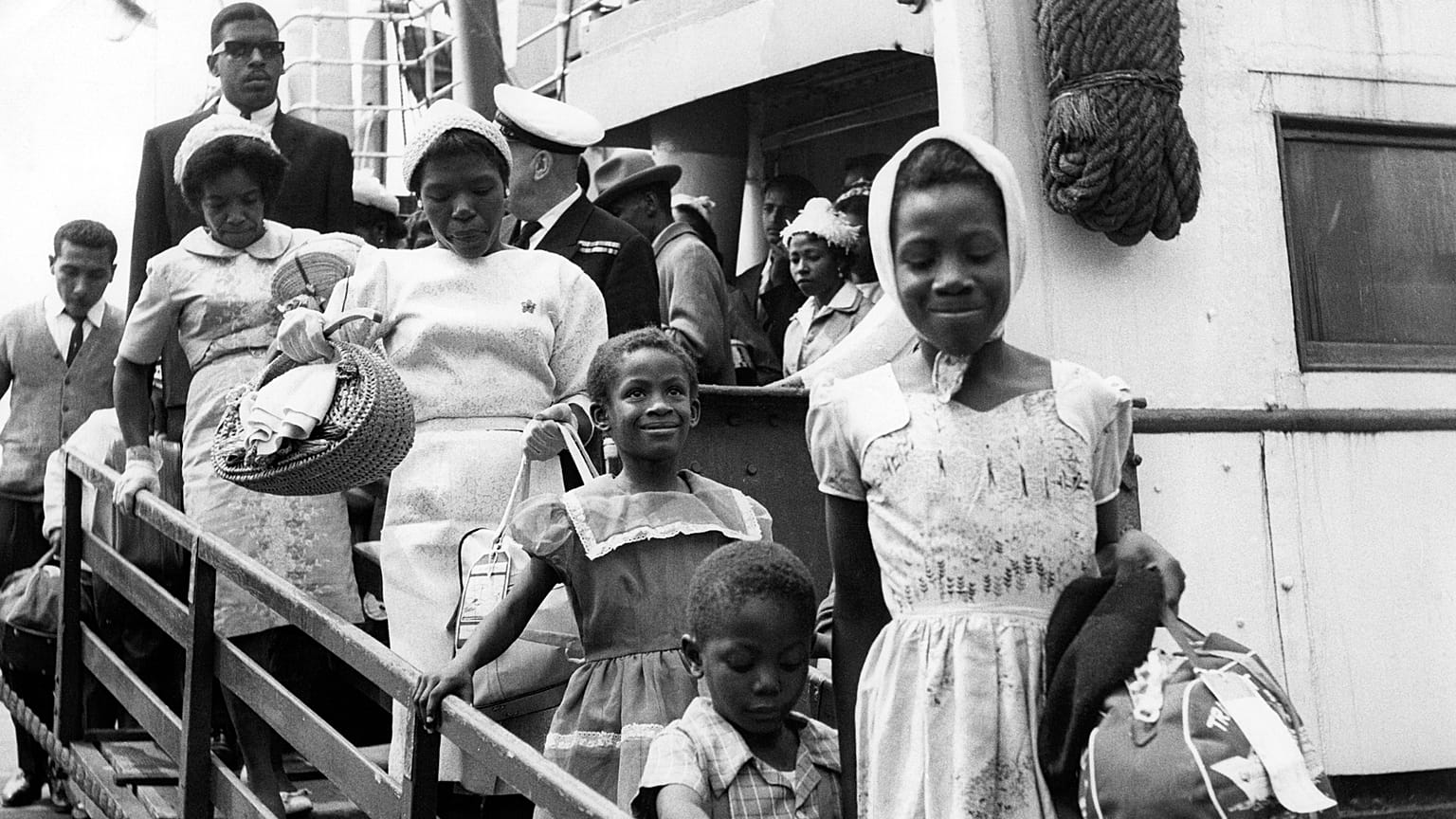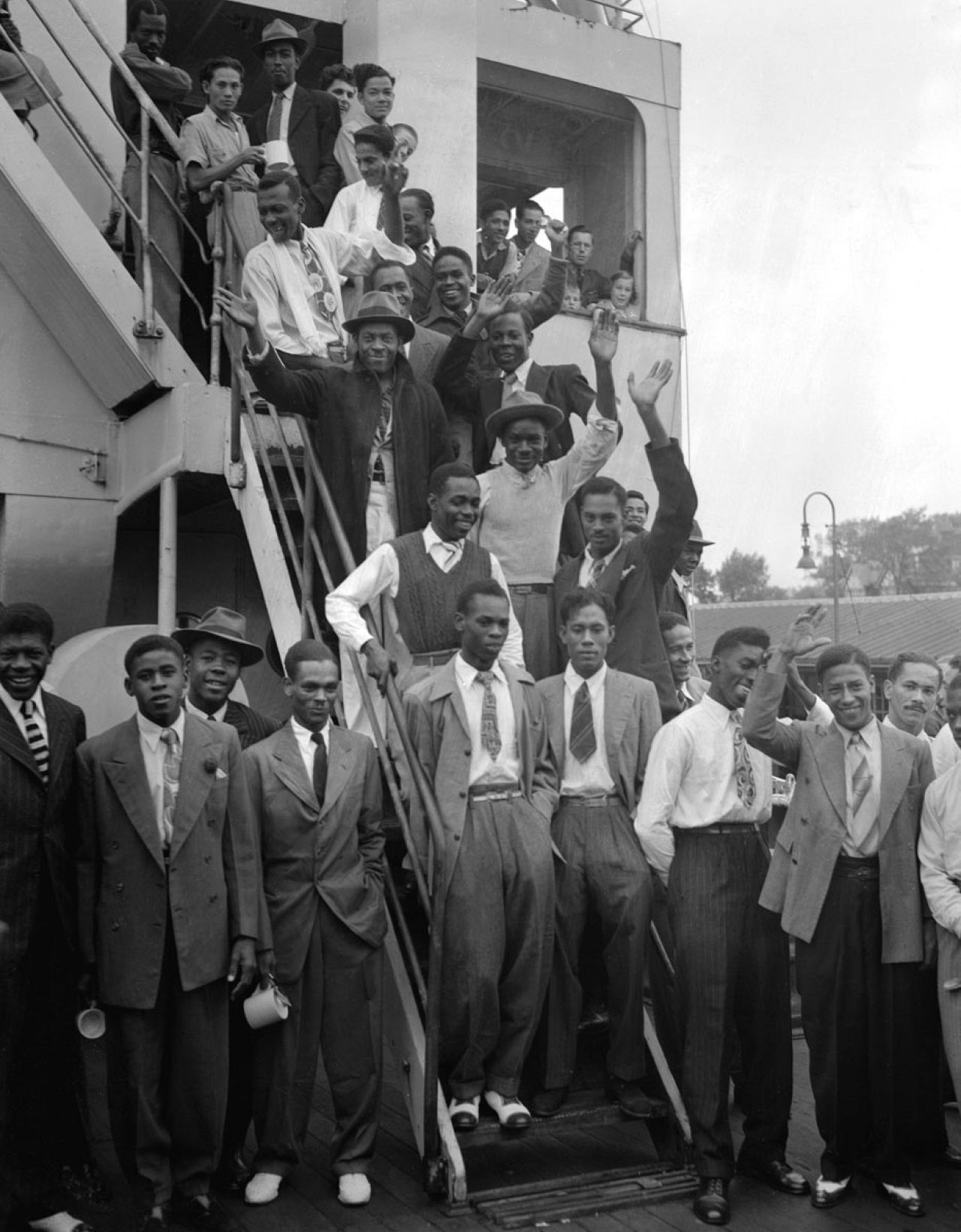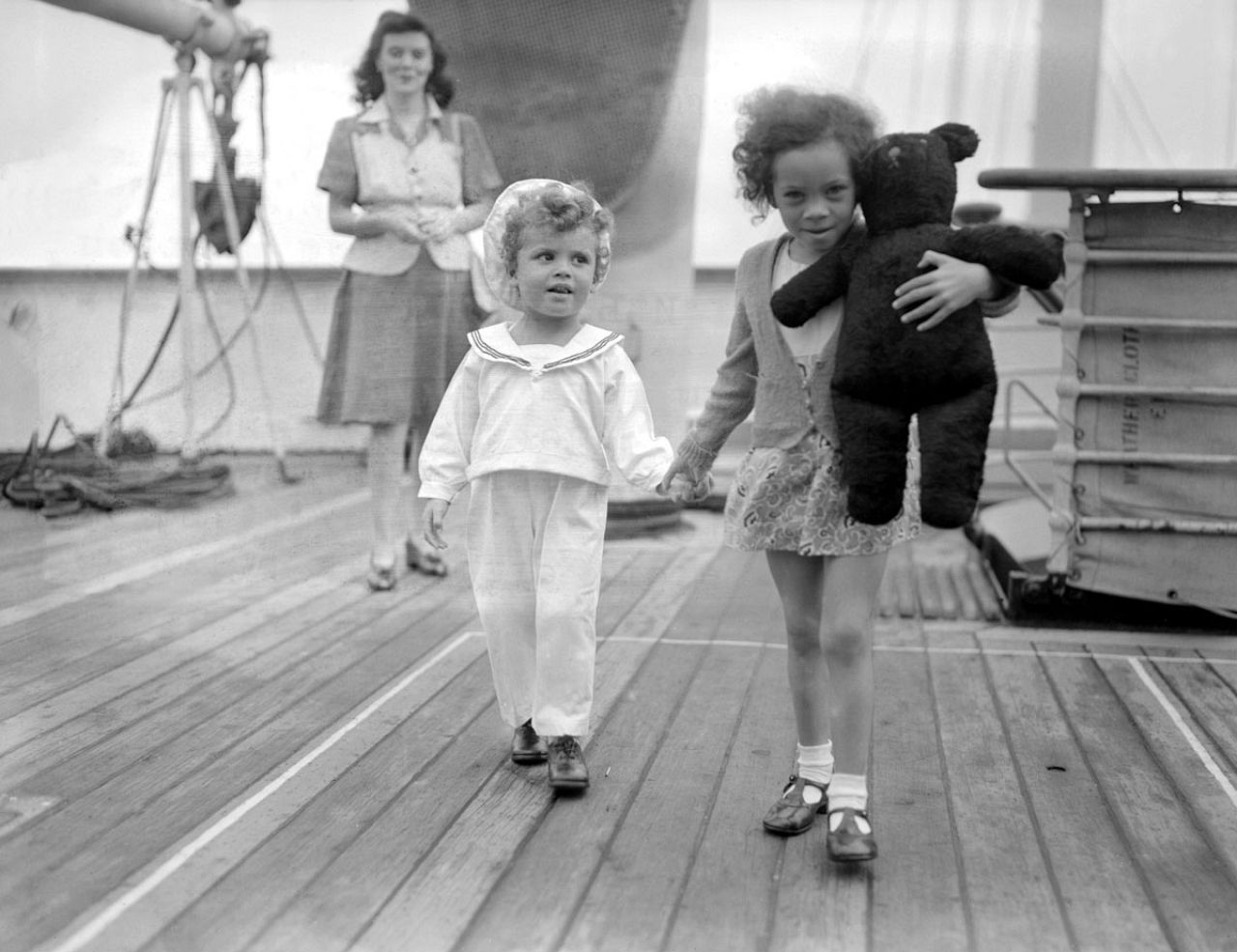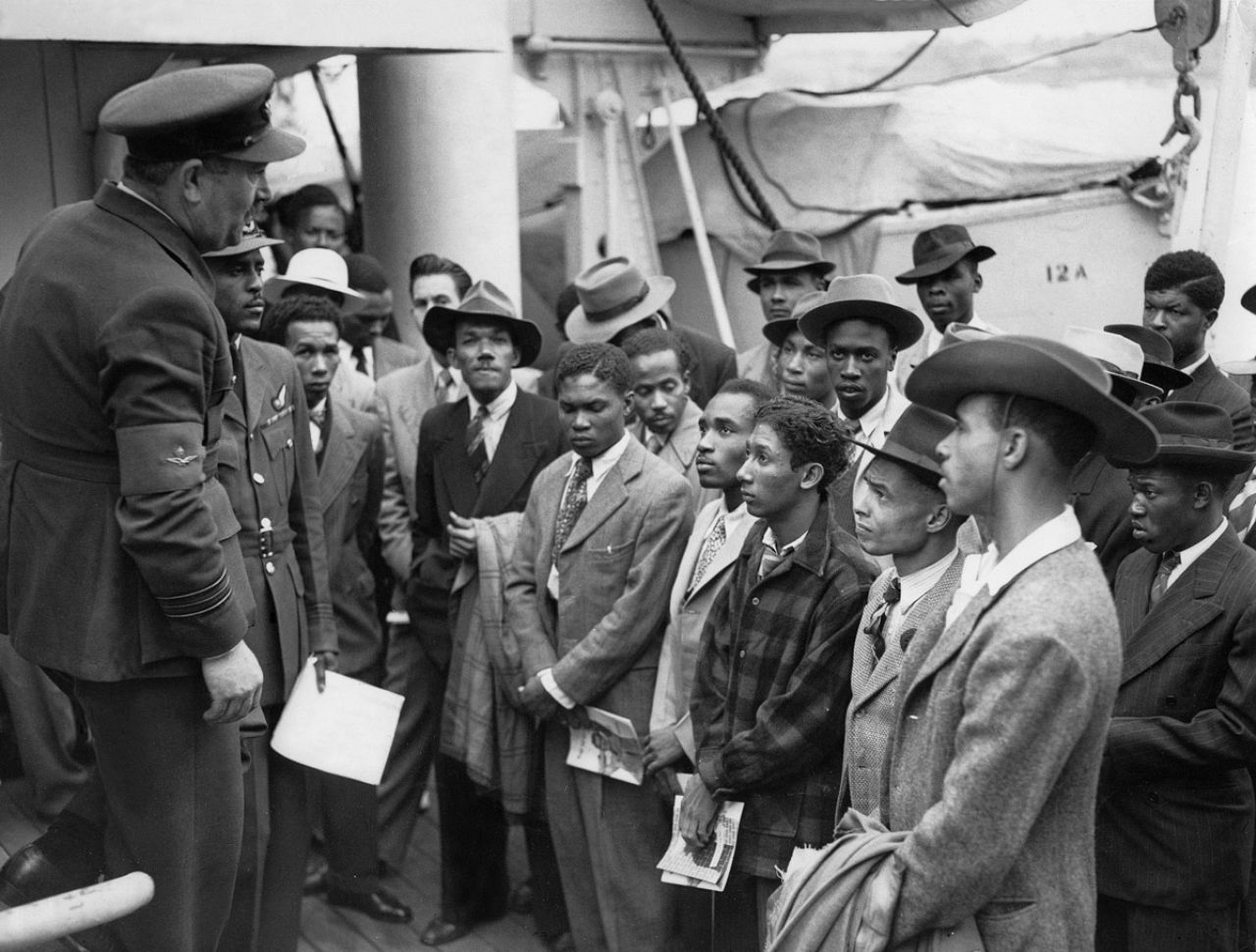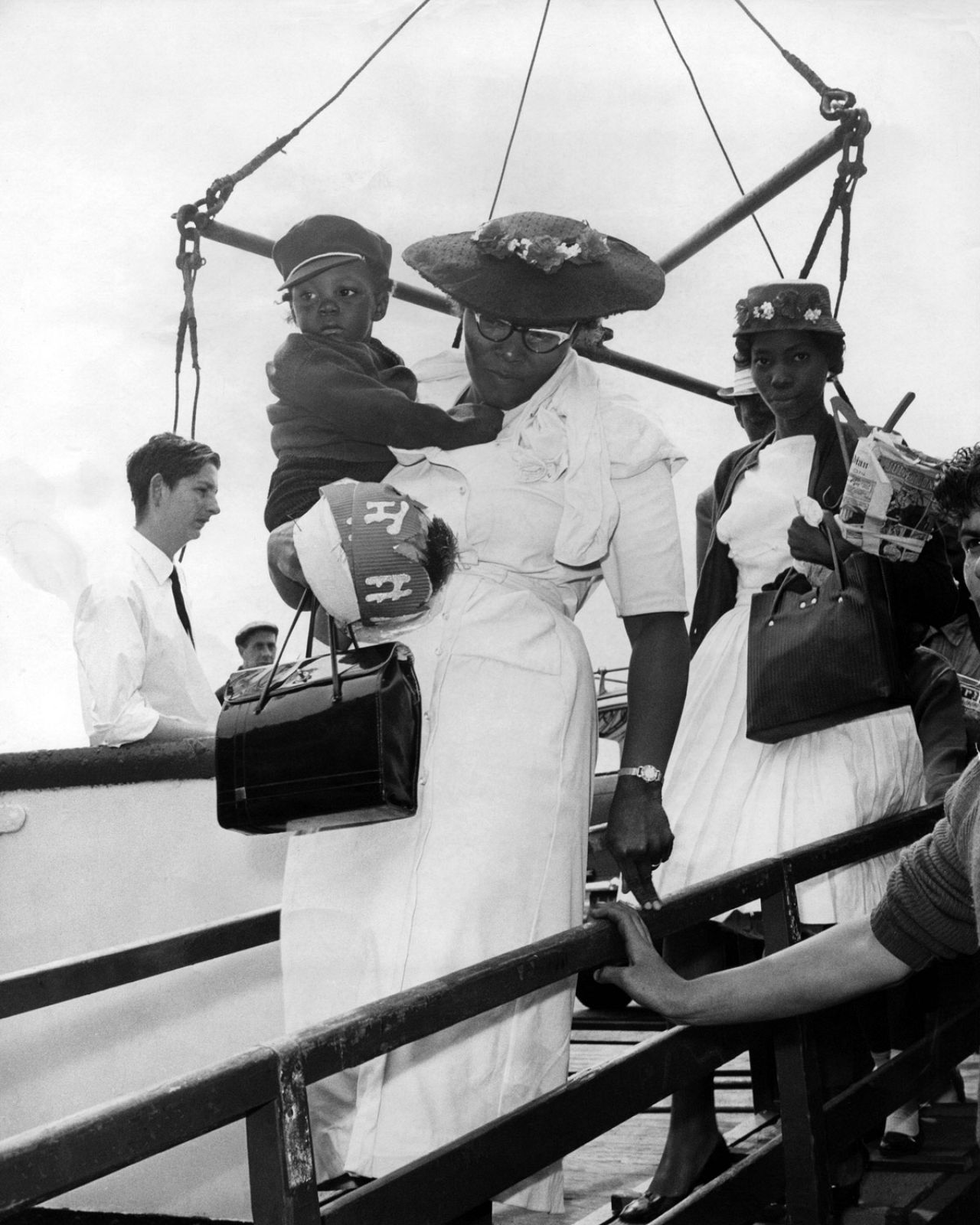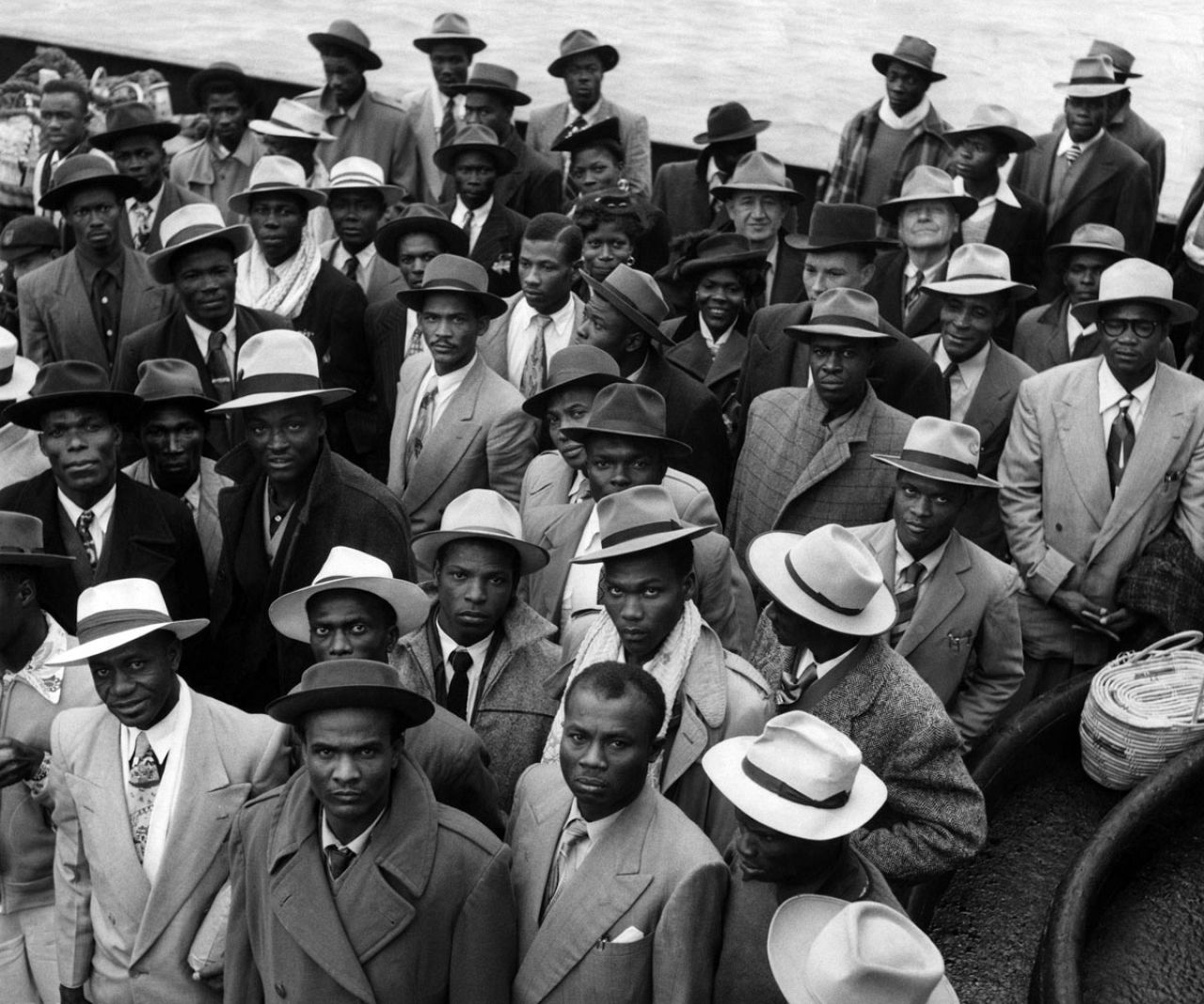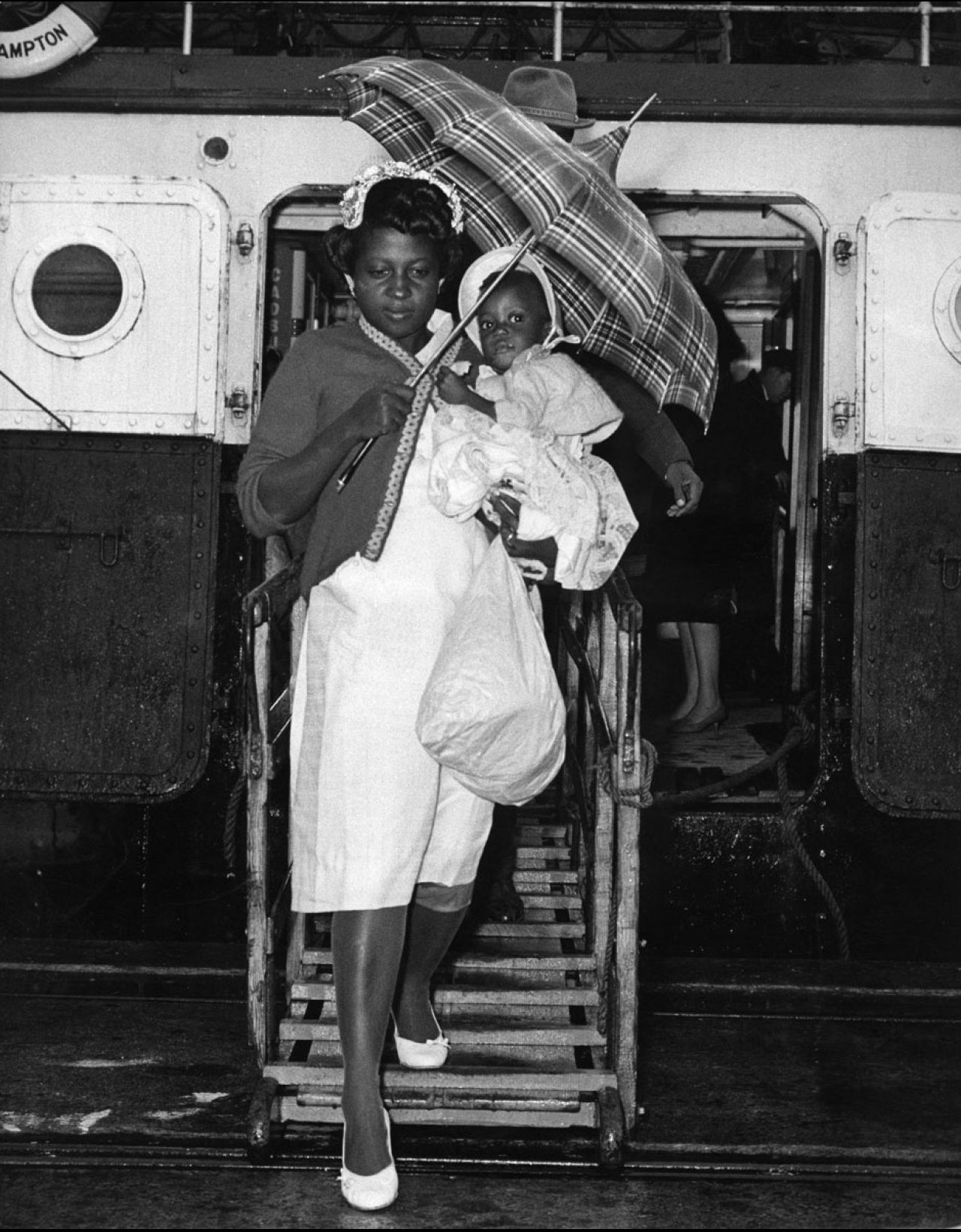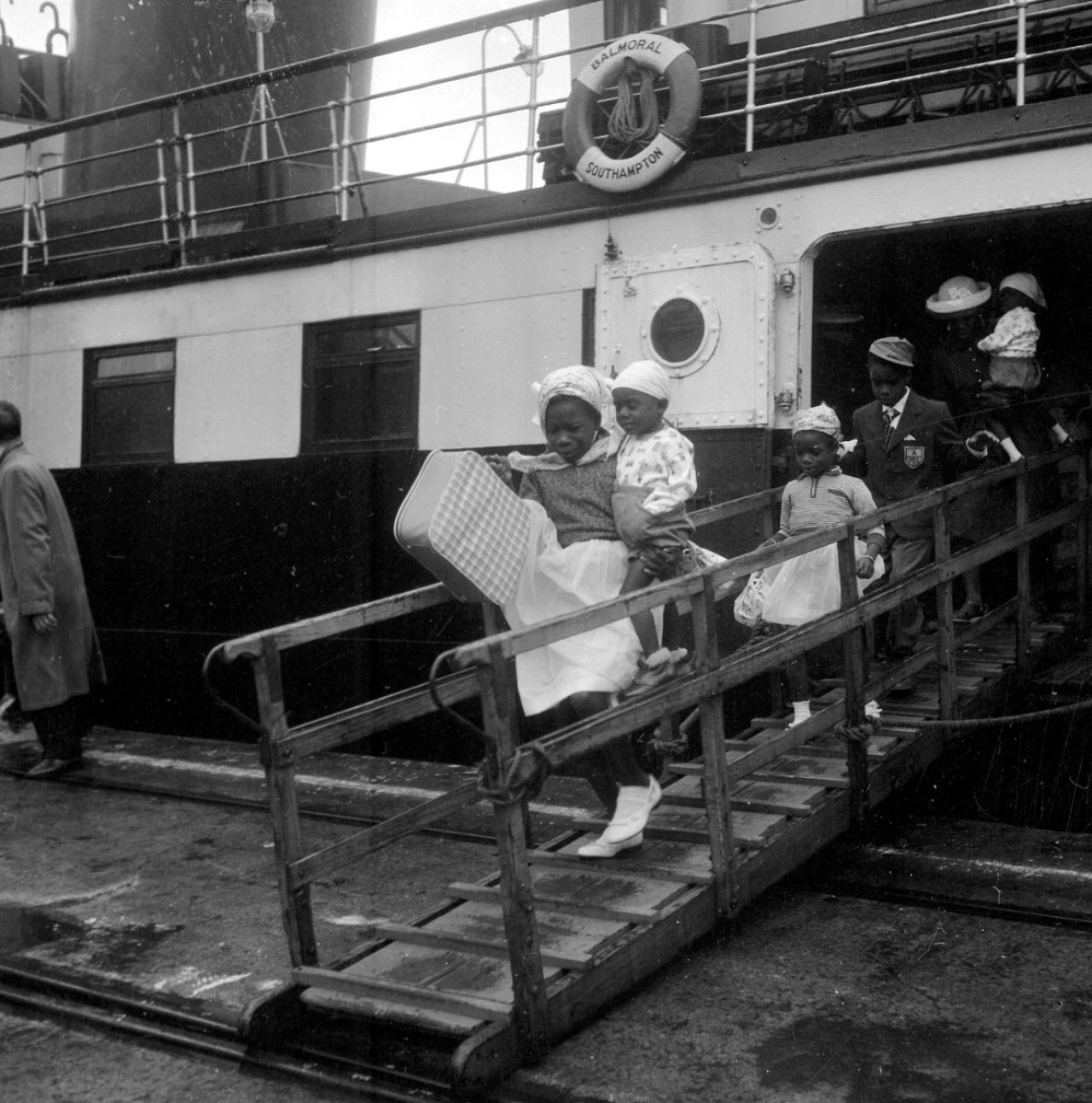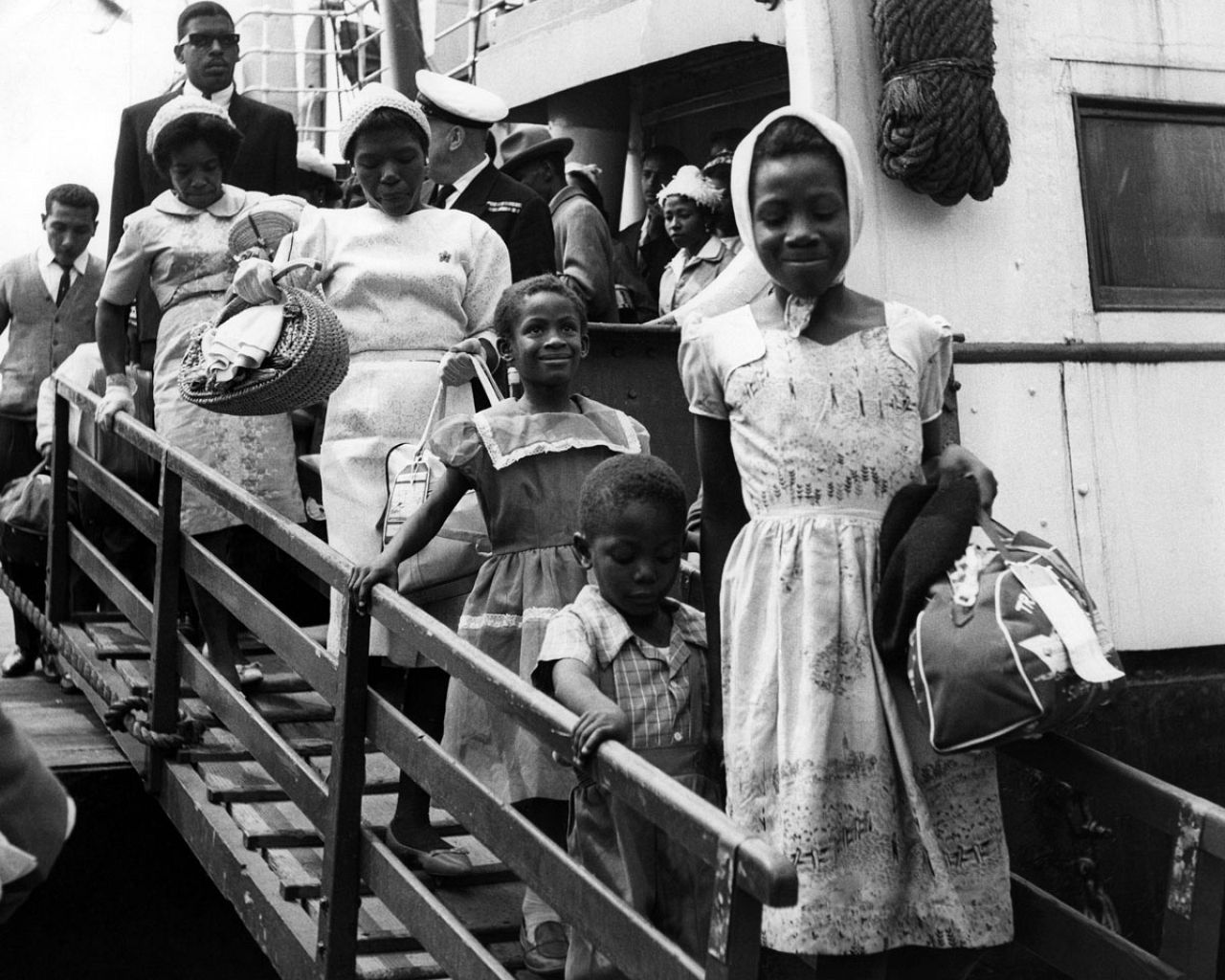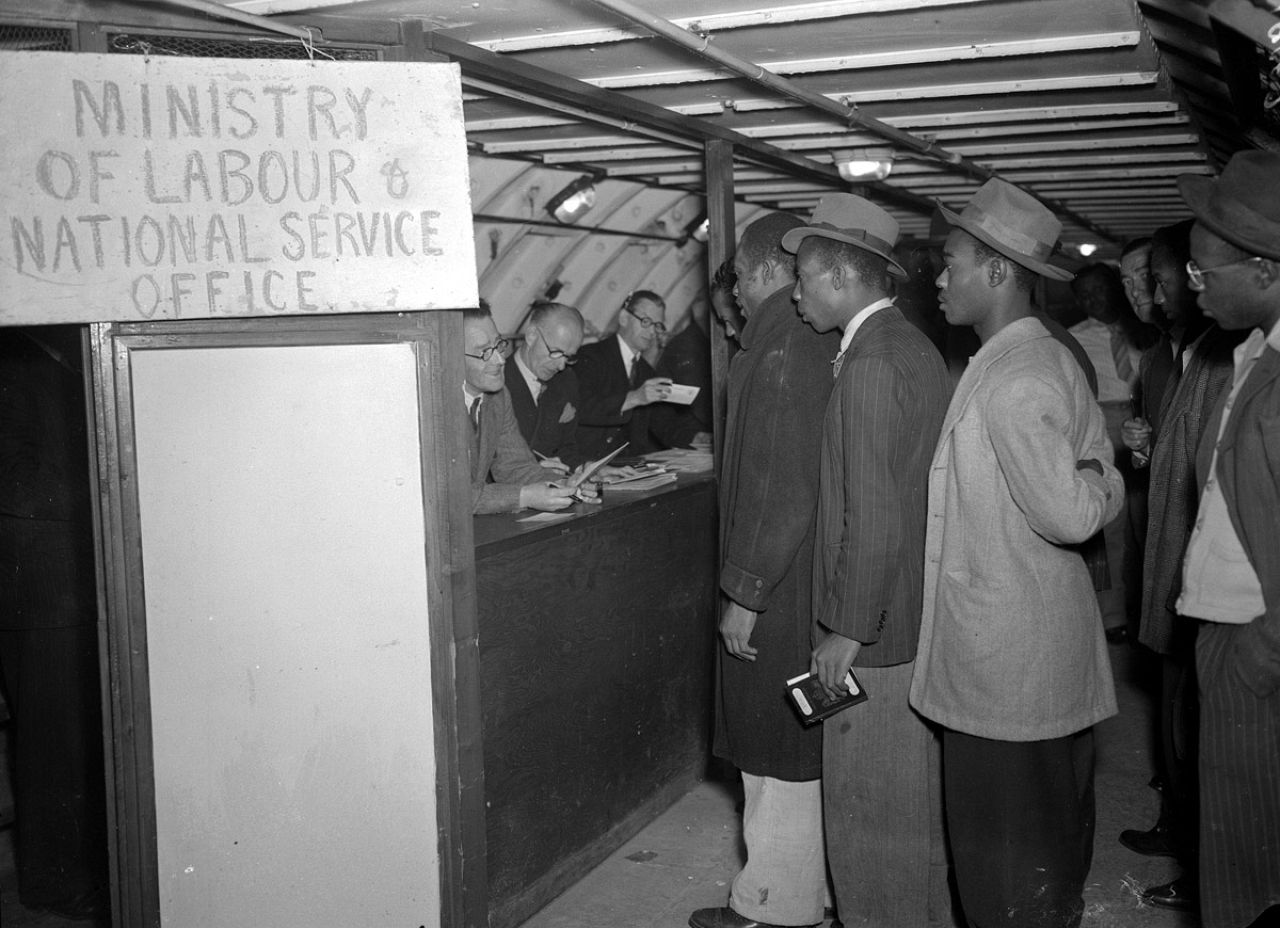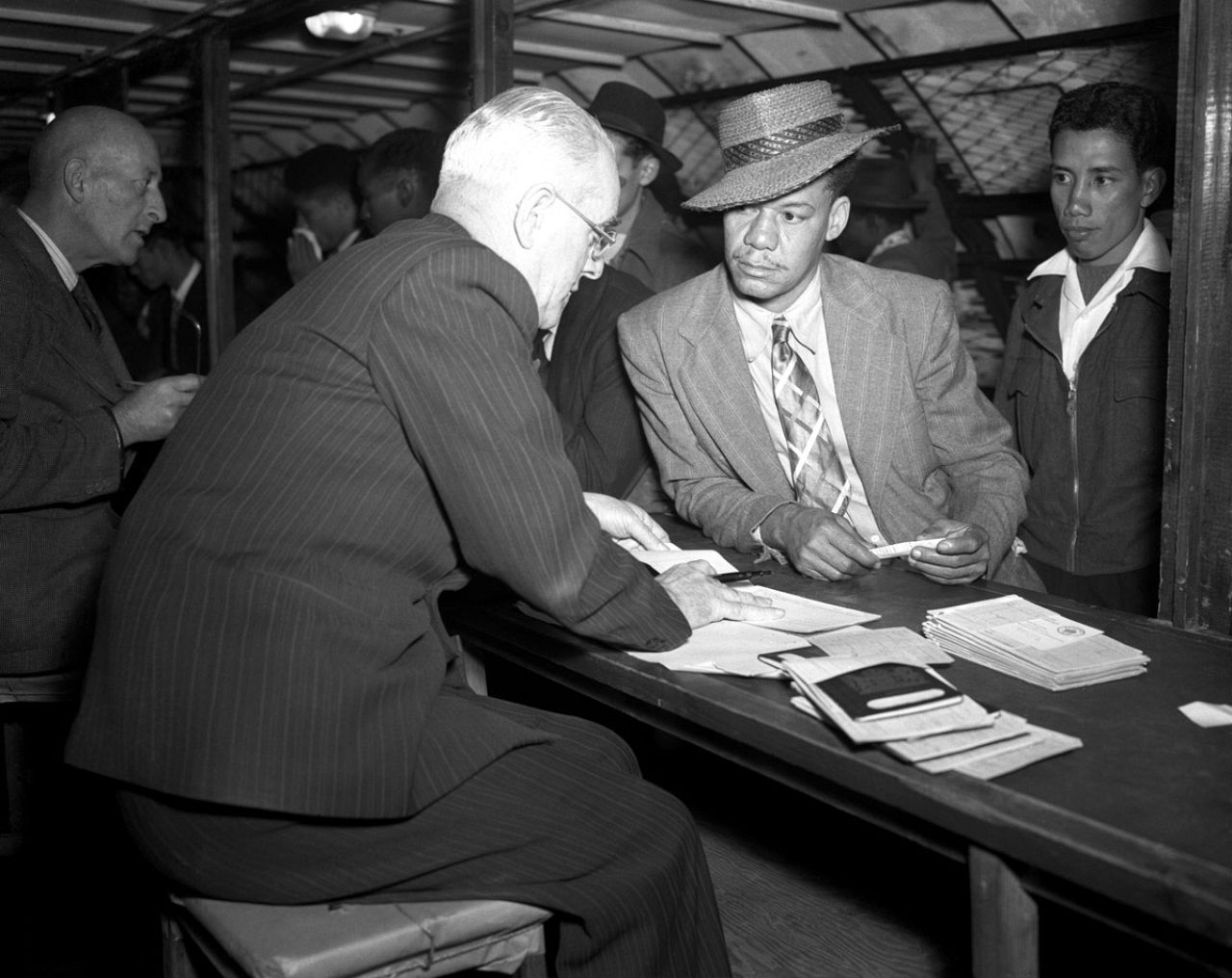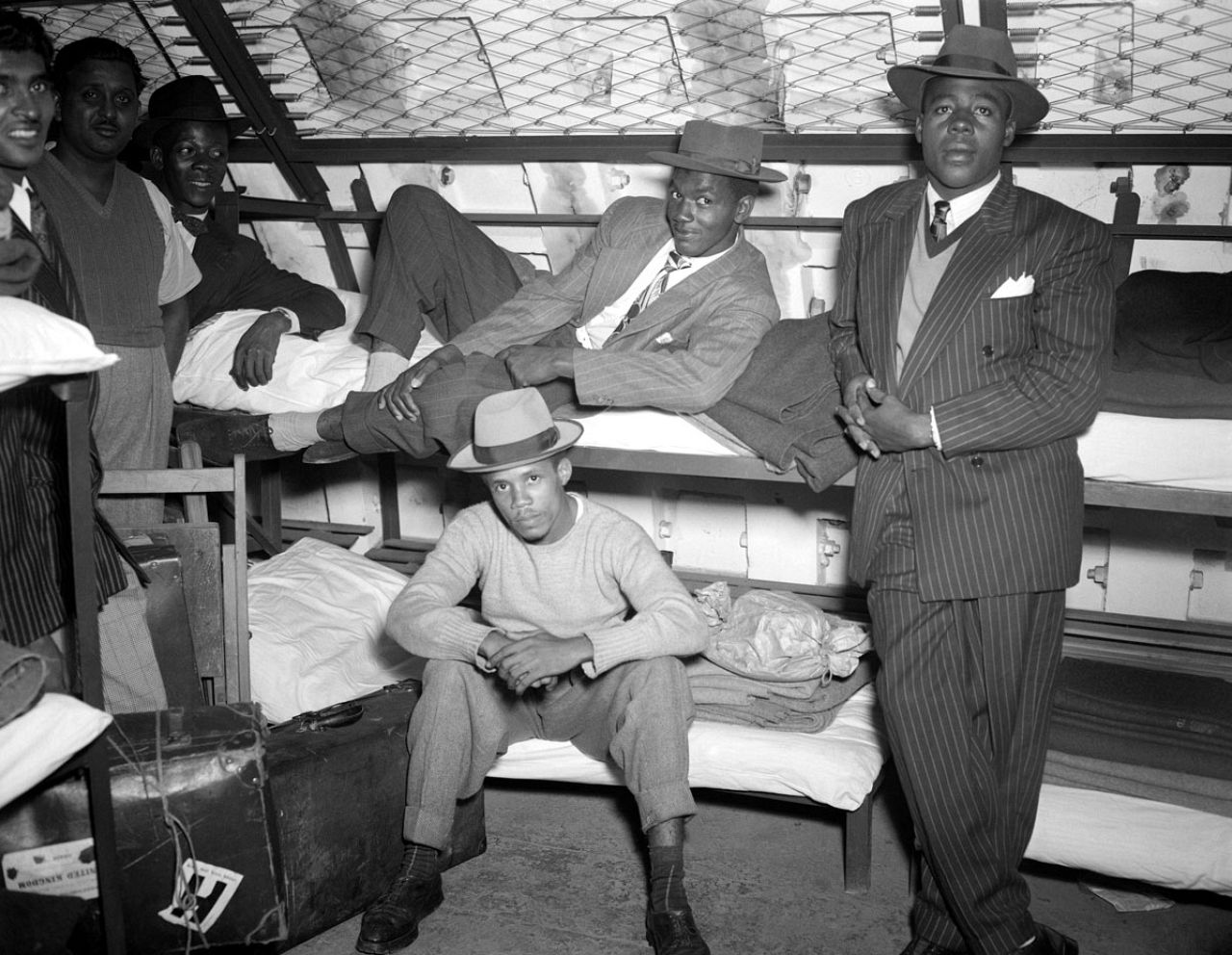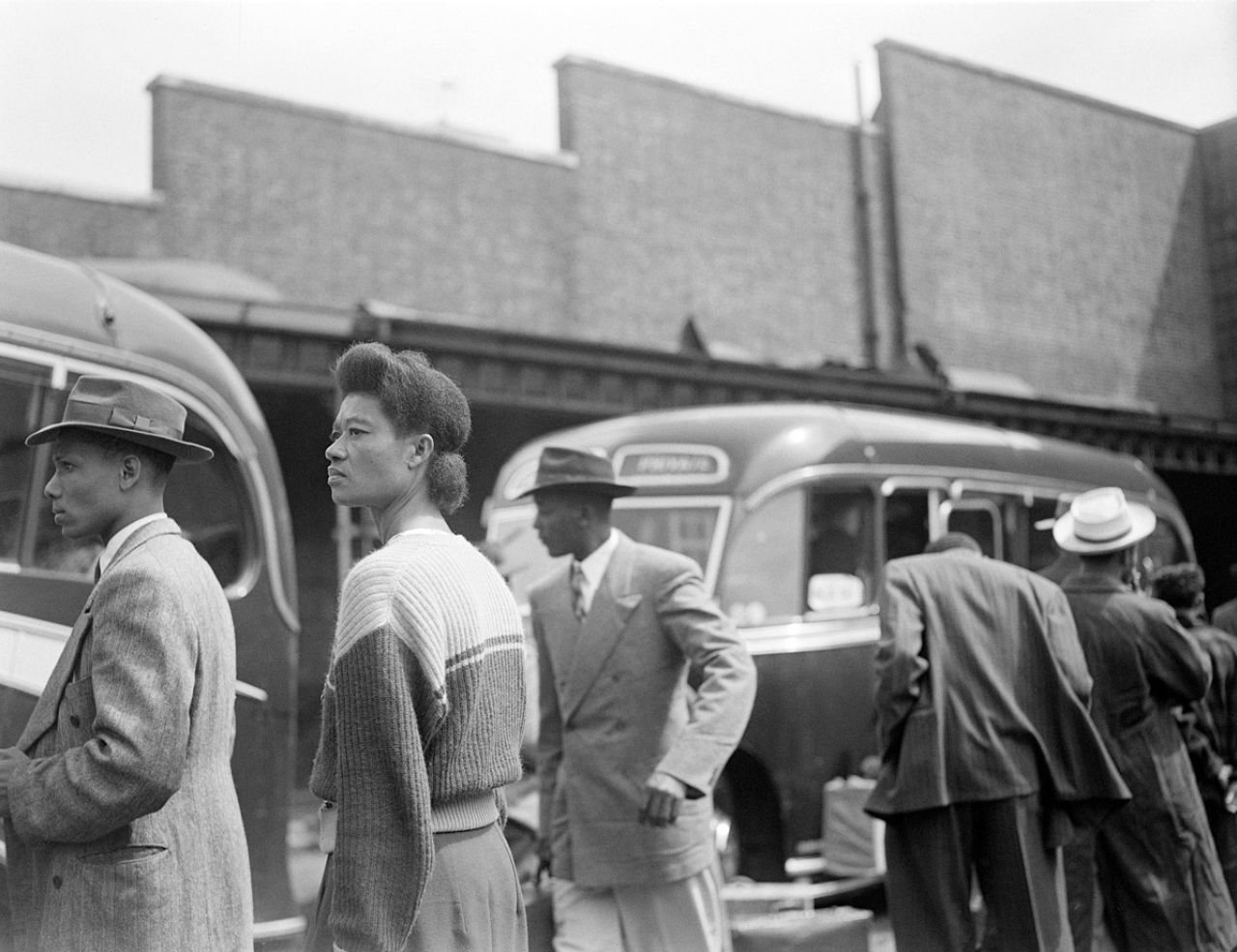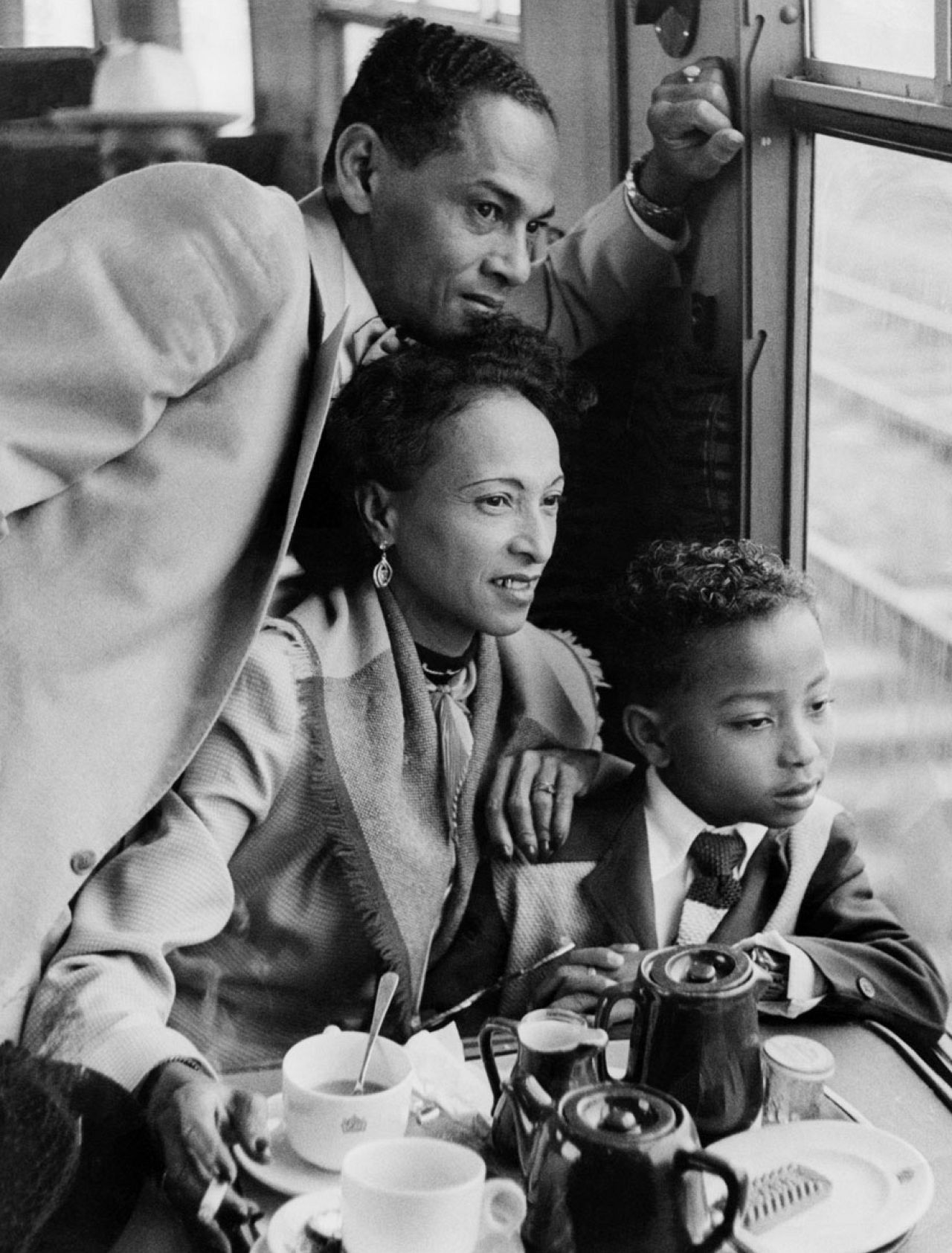75 years on: Rare photographs chronicle the journey of the Windrush generation
A new display of photographs shares the journey of the Windrush generation before, during and after arriving in the UK.
From 1948 to 1971, a remarkable chapter unfolded in the history of the UK, as hundreds of people from Commonwealth countries in the Caribbean embarked on a voyage aboard the illustrious vessel HMT Empire Windrush.
 ADVERTISEMENT
ADVERTISEMENT
 ADVERTISEMENT
ADVERTISEMENT
They, together with their descendants, have since become known as the Windrush generation - an enduring symbol of resilience and determination in the face of post-war labour shortages.
Now, Autograph proudly unveils a captivating portfolio of 37 photographs, titled 'Journeys to Hope', curated from the Topfoto archives.
Many of these remarkable photographs are being shown publicly for the first time, both online and in a free, outdoor gallery in East London, which runs until September 2023.
Within these evocative images, we witness the extraordinary journeys undertaken by these courageous individuals, from the moments preceding their departure, to their experiences on board the Windrush, and finally, their lives upon reaching the shores of the United Kingdom.
Post-World War II, Britain faced a severe shortage of labour in various sectors due to the impact of the war and its aftermath.
To fill this void, the British government actively encouraged immigration from the countries of the British Empire, including the Caribbean colonies, to help rebuild the country.
The invitation coincided with the arrival of the ship HMT Empire Windrush on 22 June, 1948, carrying 492 passengers of Caribbean descent who responded to the call.
The journey on the Empire Windrush lasted approximately three weeks as it sailed from Jamaica to Tilbury Docks, near London.
Despite cramped conditions, the passengers, mainly young, single men seeking employment opportunities, held high hopes for a better future.
The early immigrants faced numerous challenges as they settled in the UK.
They encountered racial prejudice, housing shortages, and difficulties in finding healthcare, education, and employment despite their skills and qualifications.
'No blacks' cards and notices were put in shop windows and rooms for rent.
Despite these obstacles, the Windrush generation played a vital role in rebuilding post-war Britain.
They found employment in various sectors, such as transport, healthcare, manufacturing, and contributing massively to the cultural, social and economic fabric of British society.
In 1971, the UK government introduced the Immigration Act, which effectively ended the era of unrestricted immigration from the Commonwealth countries.
The Act imposed immigration controls and introduced new regulations that affected the rights of the Windrush generation and their descendants.
These changes created a situation where many individuals who had arrived as children or young adults were later unable to prove their legal right to live in the UK.
Decades later, in 2018, the Windrush scandal came to light, revealing the grave mistreatment, wrongful detention, and deportation inflicted upon several individuals from the Windrush generation by the UK Home Office.
As a result, a compensation scheme was established, and in March 2020, an inquiry was announced. The inquiry unequivocally stated that the scandal could have been anticipated and prevented, highlighting the existence of "a culture of disbelief and carelessness" within the Home Office.
As the nation commemorates the 75th anniversary of Windrush Day on 22 June, the annual celebration provides an opportunity for people to engage in meaningful dialogue about the historical, contemporary, and forthcoming aspects of modern Britain.














